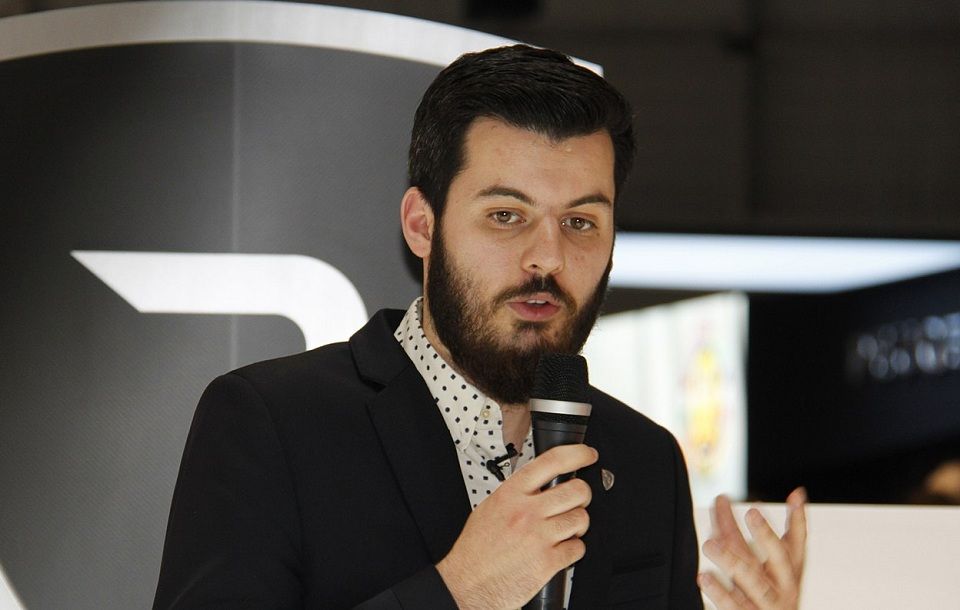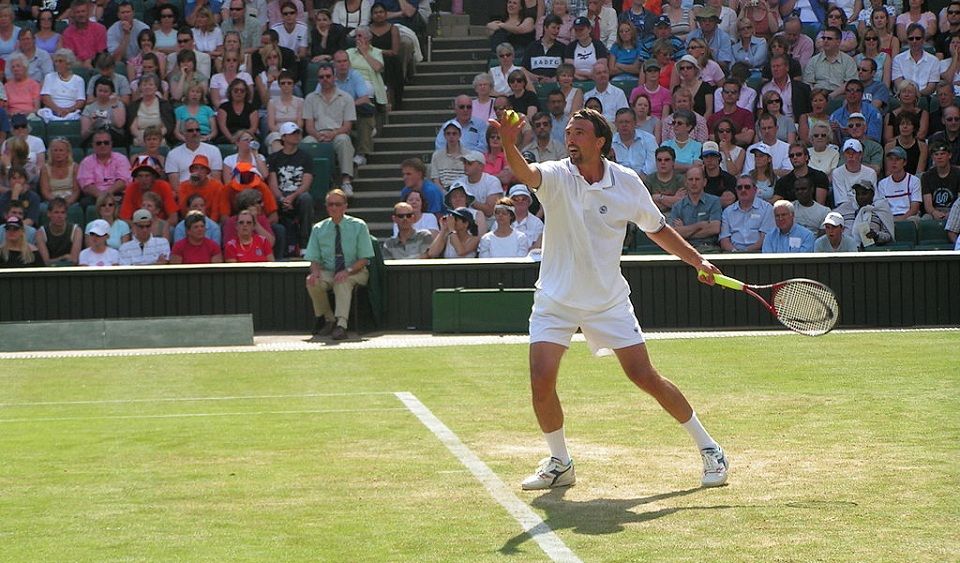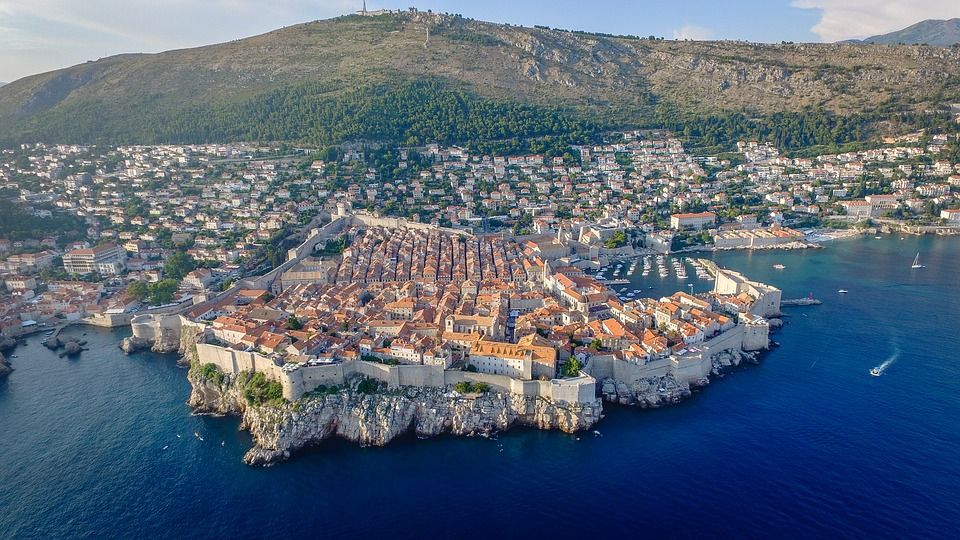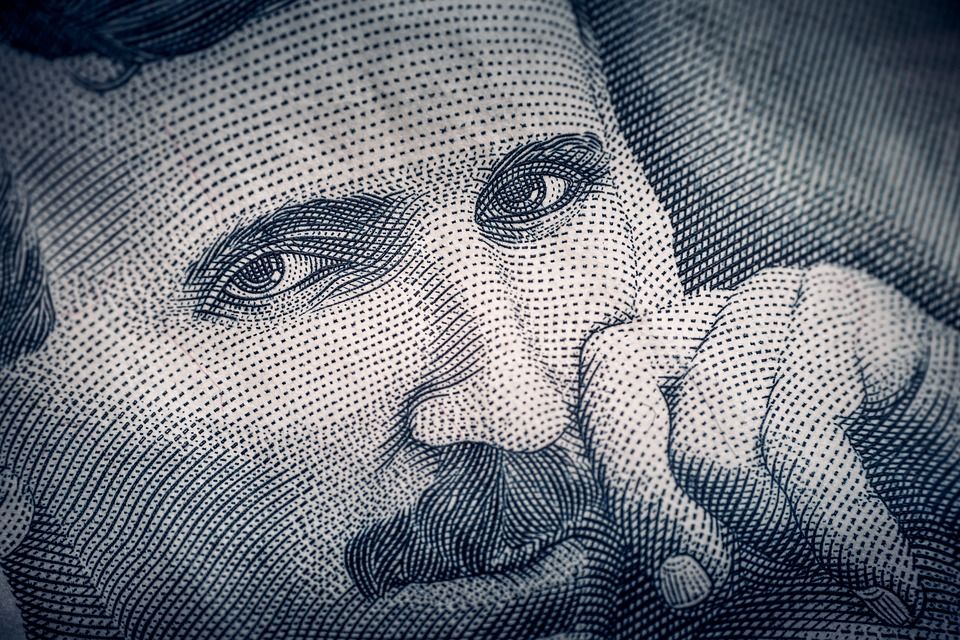In addition to football, there are other reasons why people love Croatia.
Croatia, despite its numerous problems, has many things which it can be proud of, from natural landmarks which bring in visitors from all over the world to fantastic people who have succeeded in achieving top-notch successes under very unfavourable circumstances, reports Index.hr on July 13, 2018.
Rimac Automobili – Mate Rimac
Mate Rimac started developing electric cars in 2009. He began at his garage, and today, less than ten years later, his company has become globally respected and one of his investors is Porsche. Rimac has employees from all over the world, mostly top engineers, and in 2015 he passed the number of 100 employees.

There are more than 400 people working for his company today, and given the direction, it is developing, there is no doubt that the number will continue to grow. At this year’s fair in Geneva, Rimac introduced his new C_Two model. It is a car which can reach 300 kph within 11.8 seconds, and its maximum speed is 412 kph, which ranks it among the fastest cars in the world. Rimac Automobili is valued at more than a billion kuna.
Croatian Makers – Nenad Bakić
Thanks to the Croatian Makers project, which was launched about three years ago by Nenad Bakić, and the introduction of micro-bits in schools, Croatia is in the company of some of the most developed countries in the world, such as Great Britain, Iceland, the Netherlands, and Singapore. Some of them, such as Singapore, have even been overtaken by Croatia with regards to the introduction of micro-bits in schools.
It is important to note that similar projects have been “copied” to Serbia, Bosnia and Herzegovina, and Kosovo, with the help of Bakić’s Institute for Development and Youth Innovation (IRIM), which formally leads the process of introducing this technology to schools. In Croatia, around 100,000 children have taken part in various projects supported by IRIM, which is the largest extra-curricular programme for STEM education in Europe.
Marin Soljačić – wireless electricity transmission
Marin Soljačić is a Croatian scientist and professor at the MIT in Boston. Four years ago, he received an award as the best young scientist in the United States. The “Blavatnik Award for Young Scientists” is an “equivalent” to the Nobel Prize for young scientists up to 42 years of age.
Soljačić has founded WiTricity, a company that wants to commercialize wireless electricity transmission and make it possible for the technology to be used in everyday life. The wireless transmission of electricity is not a new concept, even Nikola Tesla worked on it, but it is not used in commercial activities. Soljačić wants to change that.
National football team
Although Croatia has just four million inhabitants, it has a large number of world-class athletes. Still, the strongest emotions among Croats are stirred by the nation’s football team. After the 1998 generation won the third place at the World Cup in France and brought attention to the then still young country which was just emerging from the war, twenty years later a new generation is on the verge of even greater success.
Croatia has managed to reach the finals of the World Cup in Russia without a single defeat. It has already won over numerous fans, congratulations are arriving from all over the world, and chequered football jerseys can be seen on all continents.
Croatia is the world leader in the number of transplants and donated organs
Despite the poor healthcare system, Croatia is one of the world’s leading countries in the number of transplanted organs per million inhabitants as well as transplant outcomes. It is the first in the number of transplanted kidneys and livers per million inhabitants, and the second by the number of transplanted hearts.
The waiting time for organs in Croatia is very short, with some patients waiting less than a year, while, for example, in Germany, people wait for a kidney between eight to ten years.
Plitvice Lakes
The Plitvice Lakes National Park is among the most beautiful natural sights in Europe and one of the most visited tourist attractions in Croatia. Every year, around 1.5 million people visit it. Plitvice Lakes were declared a national park in 1949 and thirty years later, in 1979, they were included in the UNESCO World Natural Heritage List. It is a wooded mountainous area where sixteen lakes with crystal clear blue-green water are connected by cascades and waterfalls.
Major successes of Croatian athletes
Apart from football, Croatia is successful in other sports as well. A silver medal was won by the basketball team at the 1992 Barcelona Olympics. Iva Majoli won the 1997 Roland Garros. Goran Ivanišević won at Wimbledon in 2001, when his carrier was near its end. At the Winter Olympic Games in Salt Lake City in 2002, Janica Kostelić won gold medals in slalom, giant slalom and combination, and a silver in the super giant slalom. The Croatian handball team won three gold medals, in Atlanta in 1996, in Athens in 2004, and at the 2003 World Championships.

Tennis players Mario Ančić, Ivan Ljubičić, Goran Ivanišević and Ivo Karlović won the Davis Cup in 2005. Croatian water polo players became world champions at the World Championships in Melbourne in 2007. That same year, Blanka Vlašić became the world champion with a 205-centimetre high jump at the Osaka World Championship. There are also numerous Croatian Olympic medals in various sports.
Heritage on the UNESCO list
Given its size, Croatia has a large number of sites listed on the UNESCO World Heritage List. Among them are the historical complex of Split and Diocletian’s Palace, the Old Town in Dubrovnik, the Plitvice Lakes National Park, the Euphrasian Basilica complex in the historic centre of Poreč, the historic town of Trogir, the St. Jacob’s Cathedral in Šibenik, the Stari Grad Field on Hvar, stećci (medieval graveyard tombstones), defence systems of the Republic of Venice in the 16th and 17th centuries in Zadar and Šibenik, and natural beech forests.

Achievements of Croatian scientists
Croatian scientists have participated in numerous major discoveries. For example, a Croatian team led by professor Ivan Đikić has made a discovery that could help in the early detection and treatment of liver tumours. The scientific discovery was published in the prominent scientific journal Nature Genetics.
Nenad Ban, a professor at the Swiss Federal Institute of Technology (ETH), and his team have decoded the three-dimensional structure of the ribosome, a cellular machine which produces vital proteins in the body and is one of the most complex molecules in biology.
Igor Štagljar is a professor at the Department of Biochemistry and Medical Genetics at the University of Toronto. About two years ago, Štagljar and his associates published a paper which could significantly help in the struggle against 500 cancer-linked diseases. The importance of this paper was so great that it was published on the cover of the renowned Molecular Cell magazine.
Charity drives
Croatian citizens have often demonstrated their solidarity and big hearts through various humanitarian drives. The first major charity initiative was Let Them Hear when 17 million kuna was raised to help hearing-impaired children.
Four years ago, solidarity was proven once more when Gunja and Rajevo Selo in the Posavina region were flooded. The whole country started collecting financial resources, food and everything else that was needed to help people in the flooded area. Apart from sending assistance, numerous citizens also worked as volunteers in the field.
Nikola Tesla – Genius who invented the modern world
We can also be proud of Nikola Tesla, undoubtedly the greatest inventor in history, whom we should thank for the world as we know it today. Tesla had more than 700 inventions, and some of the most important ones are a multi-phase electricity system and rotating magnetic field, an alternating electricity transmission and distribution system, the Tesla coil, high-frequency electricity lighting, a wireless radio-signal and energy transmission system, a remote control system for ships, Tesla’s turbine and radio.








